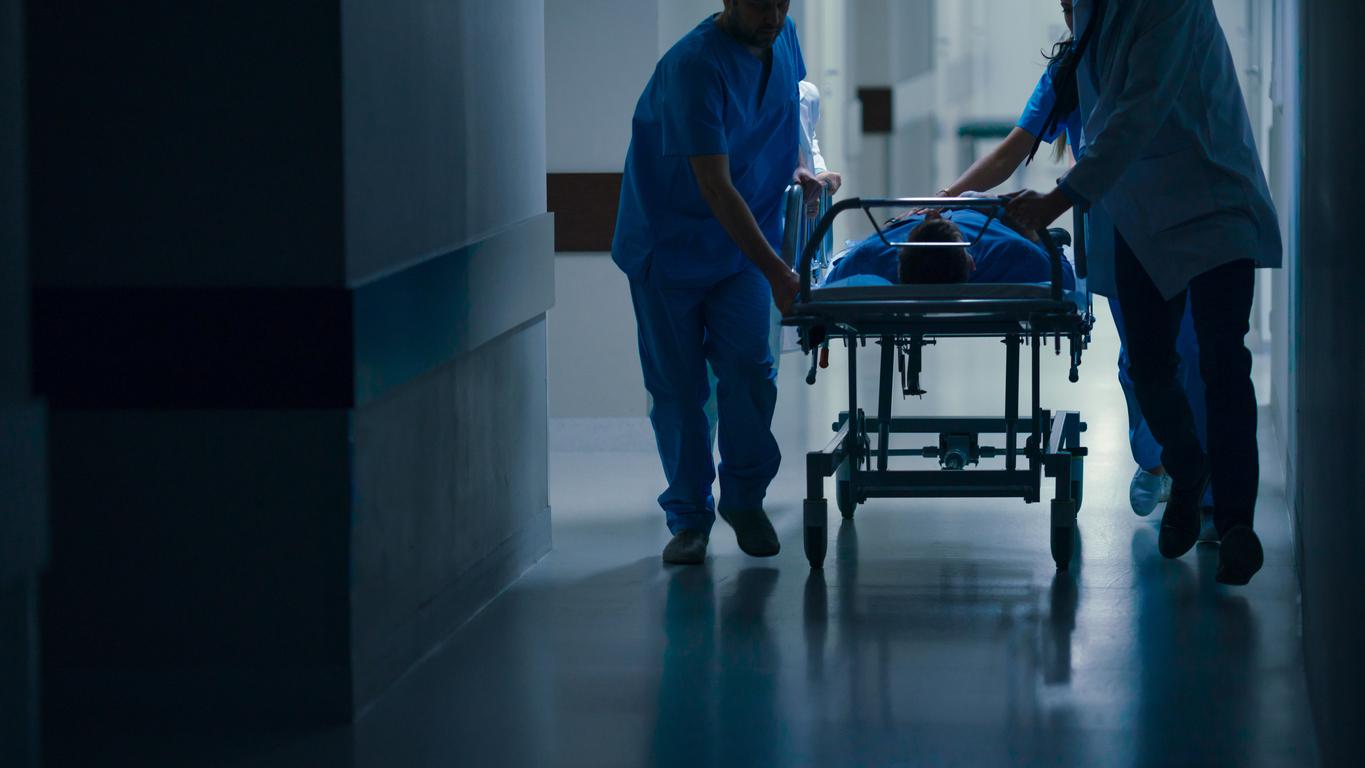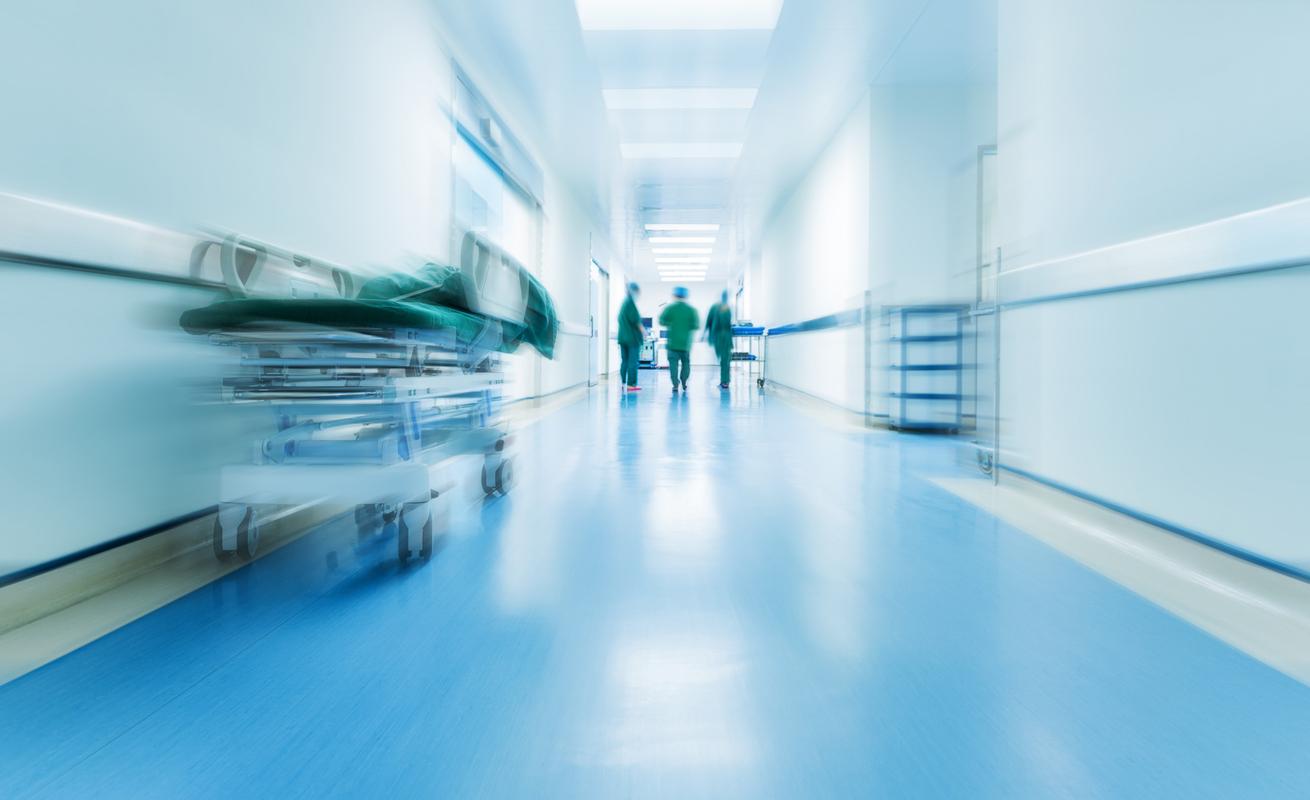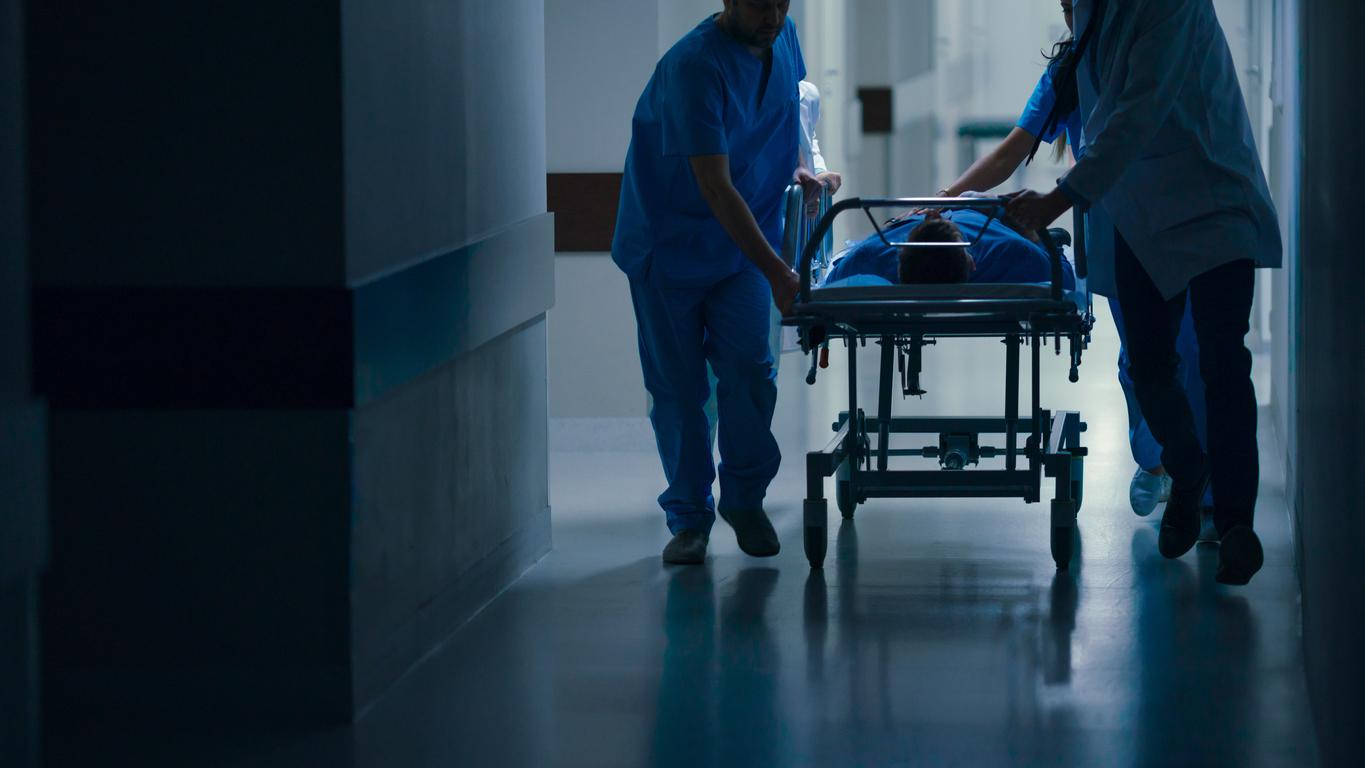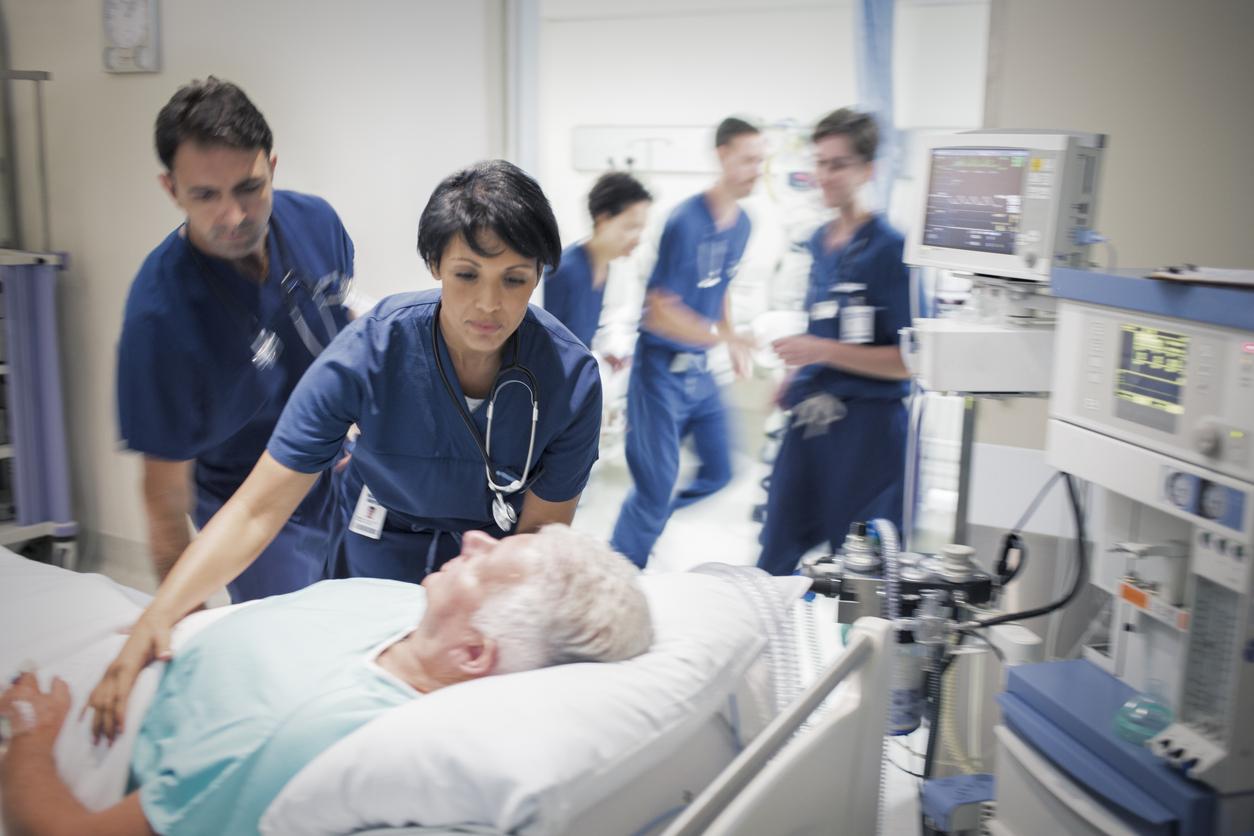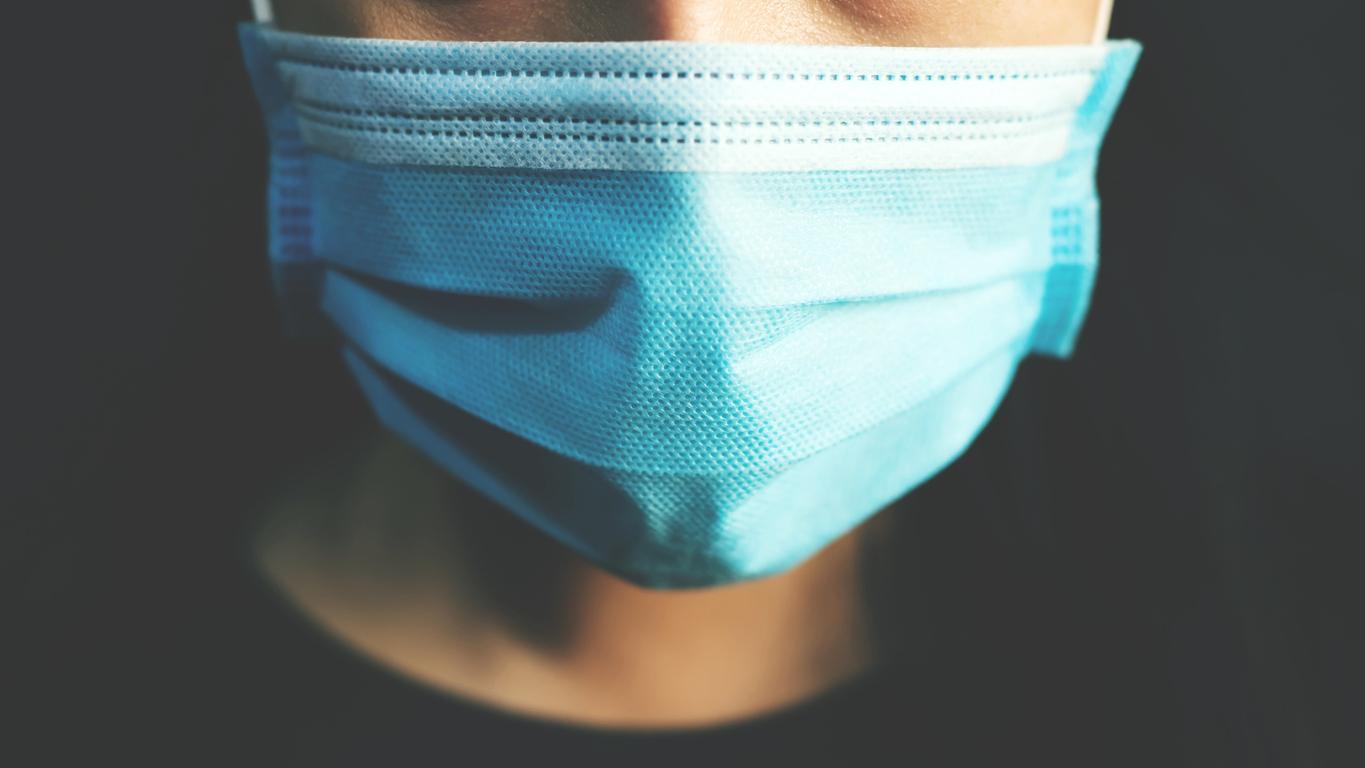The interns are organizing their first university this weekend. An opportunity to alert on their working weeks that exceed the legal 48 hours. And on the risks of medical error that result from it.
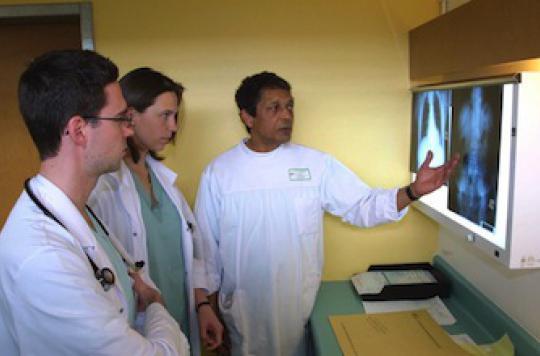
Compulsory rest hours that are not respected, work weeks that greatly exceed the regulatory 48 hours, this sad reality is that of many French hospital caregivers. “An overload of work that also affects interns in hospitals,” says Emanuel Loeb, president of the Inter national union of interns (ISNI). For this reason, the European Commission recently issued an ultimatum to France. It leaves two months for the French government to ensure that its hospitals respect the law on working time. It is in this still tense context that Isni is organizing its first re-entry university this Saturday at Paris-Diderot, which will be attended by policies of all kinds who will debate the measures necessary to better distribute interns in the services. why actor lists the thorny topics that will be discussed on this occasion.
Too many guards per month
The normal on-call service of an intern includes one night call per week and one Sunday or public holiday per month. But additional on-call duty to the normal on-call service can be carried out in activities for which “medical continuity is necessary and in cases of urgent necessity. ”
Thus, on average, an intern performs 4 calls per month with significant variations between disciplines. Obstetrics-gynecology, anesthesia-resuscitation and surgical specialties are the 3 disciplines where the number of on-callers is the most important.
This too high number of guards per month, sometimes up to seven in certain establishments, considerably explodes the volume of weekly hours of an intern at the hospital. Thus, according to a survey conducted by ISNI in 2012, an intern works an average of 60 hours per week. Other studies indicate that more than 65% of interns on hospital placements work more than 50 hours per week. And in some extreme cases, interns can even do up to 90 hours per week for an emergency or surgery internship, for example.
Listen to Emanuel Loeb, president of ISNI: ” In some departments, there are interns who do 7-8 calls per month. It is these weeks of more than 80 hours that Europe denounced… “
Burnout also threatens interns …
According to a study by the association Scientific asspro, 30% of operating room specialists have a stress level greater than 8 out of 10. This moral and physical fatigue is not without consequences and can lead to burn-out. American studies report an impressive rate of invalidity due to mental disorders among health professionals, whose suicide rate (6%) is almost twice that of the rest of the population. And this burnout of hospital staff also seems to affect French interns. Because of the stress associated with responsibilities, and an overload of work, surveys have shown that half of general medicine residents say they are threatened by burnout.
Listen to Emanuel Loeb, president of ISNI: ” Interns have difficulty finding places where they can express their discomfort. These situations where one accumulates a significant stress, added to a difficulty to evacuate, can lead to burn-out.… “
A risk of medical error at stake
In theory, the intern benefits from a security rest at the end of each night shift lasting 11 hours immediately following the shift. Normally, this time devoted to safety rest cannot give rise to the fulfillment of hospital, outpatient or university service obligations.
However, in practice, safety rest is not respected for 21% of medical interns surveyed by ISNI last year. This situation denounced for a long time by Europe obviously has serious consequences for caregivers but also for their patients. 15% of the residents questioned declared having made medical errors in prescription, diagnosis or even an operative act the day after their call and more than 39% believed that they had probably done so without confirming it with certainty.
Listen to Emanuel Loeb, president of ISNI: ” In a survey, it was shown that 25% of interns who came to work on their safety rest said they had made a proven medical error… “
.







